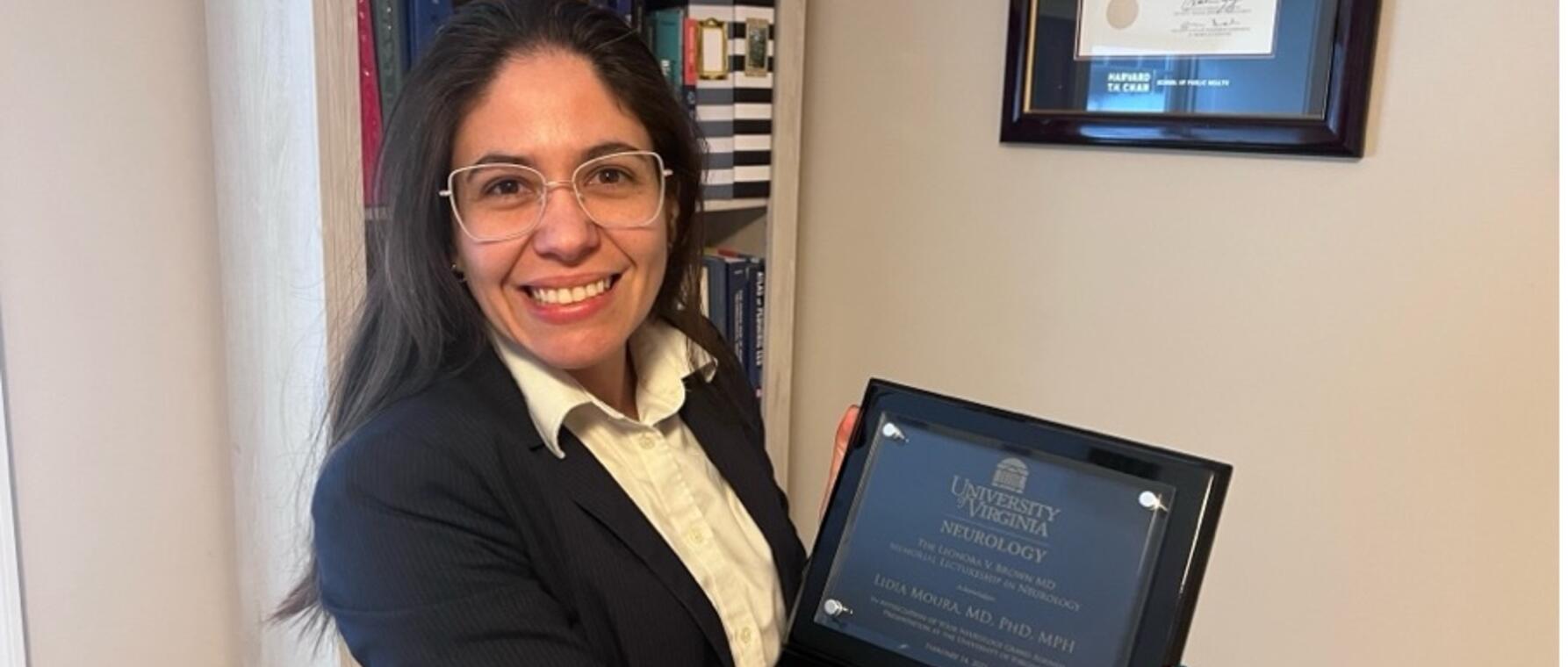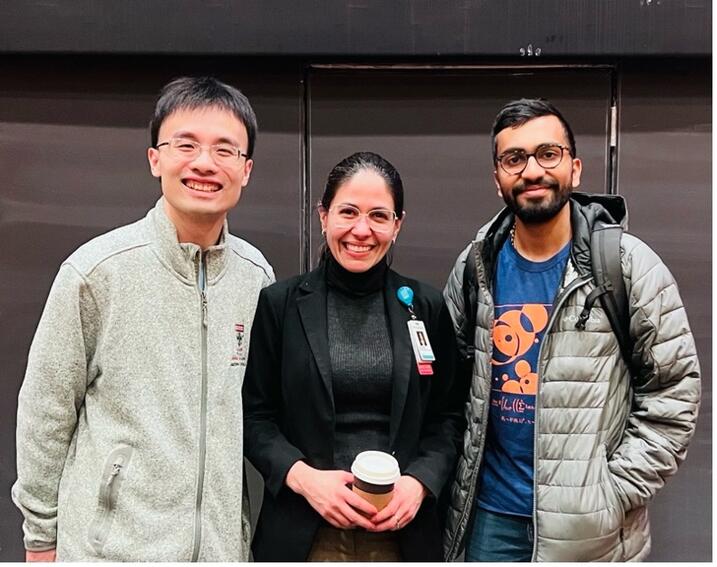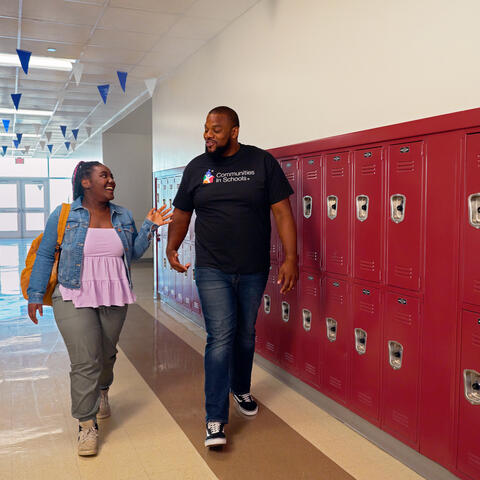The Right Care at the Right Time
Lidia Moura, PhD ’21

Lidia Moura is a physician and researcher at the intersection of neuroscience and aging. She discusses her journey from Brazil, her work on ensuring healthcare systems do better for patients, and a conversation at Harvard that revitalized her commitment to her work.
A Fundamental Question
When I was about 10 years old, I witnessed my mother rescue a drowning child. That moment left a lasting impression on me—I knew then that I wanted to dedicate my life to saving others. I pursued an MD and specialized in neurology, believing that through medicine, I could make a meaningful impact on people’s lives.
However, during my subspecialty training in Brazil, I encountered profound challenges that reshaped my understanding of healthcare. I saw patients abandoned by their families and the devastating effects of poverty on health outcomes. Across various care settings, I was confronted with systemic inefficiencies—care delivery models that failed patients, not because we lacked medical knowledge, but because we lacked the structures to implement it effectively.
I felt that to truly improve patient outcomes, something more was needed. My mentor, the chief of my residency division, advised me to go to Harvard. I applied to the Harvard T.H. Chan School of Public Health and was introduced to epidemiology and statistics, which provided the tools I had been searching for to measure and report on the systemic quality gaps I observed. After getting my master’s in public health, I pursued a PhD in population health sciences at Harvard Griffin GSAS. My doctoral training positioned me as an expert in aging- and neuro-epidemiology, fields that remain central to my research and my mission to transform healthcare delivery worldwide.
At its core, my journey to Harvard was driven by a fundamental question: how do we ensure that the right care reaches the right people at the right time? That question continues to fuel my work today.
A Global Healthcare Problem
My research focuses on transforming healthcare delivery systems, both in the US and globally, to ensure that patients receive the right care at the right time, in the right place. Throughout my career, I have witnessed patients suffer and even die—not because we lacked the right treatments, but because they could not access those treatments when they needed them most.
These failures are not confined to one country or healthcare system. I first encountered them in Brazil, where I trained and practiced as a physician, and I continue to see them as a neurologist at Massachusetts General Hospital, and as a consultant to the Epilepsy Foundation, where I lead networks of quality improvement across multiple institutions in the US. These common themes persist: fragmented care, financial constraints limiting access to preventive services, and breakdowns in communication between patients and healthcare providers.
At the intersection of value-based healthcare, data science, and artificial intelligence, I see an opportunity to reimagine how we design and implement care delivery models. My work spans multiple fields. I study treatment and diagnostic strategies for neurological conditions to see how we can improve clinical decision-making; explore how AI-driven solutions can enhance provider-patient interactions; and develop AI methods to refine disease phenotyping so we can better track disease progression and patient outcomes.
Ultimately, my research is driven by a fundamental goal: to bridge the gap between medical knowledge and real-world healthcare delivery. By combining advanced analytics, AI, and a value-based approach to healthcare, I aim to build systems that are more efficient and equitable and also capable of adapting to the evolving needs of patients worldwide.

To Ensure that Families Have Answers
I remember a moment during my PhD when I was completely buried under an endless list of readings, additional classes, exams, and research commitments. People around me would say, “You don’t need this degree to have a job or be successful.” At some point, I started to wonder, “What does success even mean to me?” High scores and academic accolades began to lose their significance, and I felt disconnected from my purpose.
Then, one conversation changed everything. One of the program managers at the Harvard T.H. Chan School of Public Health shared a deeply personal story with me. His dad had suffered a stroke, and he spoke candidly about his experience as a caregiver for his father. He described the profound uncertainty they faced navigating his father’s medical journey, the challenges of understanding treatment options, and the many drug-related questions they struggled to answer.
As he spoke, something inside me shifted. This was why I chose to study healthcare systems, epidemiology, and pharmaco-epidemiology. It wasn’t about test scores or credentials—it was about real people, real families, and the real impact that evidence-based research could have on their lives.
It felt as though that conversation had been placed in my path to remind me of my purpose—to ensure that families like his had the answers they needed when they needed them. I found the strength to keep going, knowing that every analysis I conducted and every research question I explored had the potential to shape communities and individual lives.
I successfully completed my studies, but more importantly, I graduated with a deeper conviction in the power of science to make a difference. That lesson—staying anchored in purpose even when the path feels uncertain—is one I carry with me to this day.
Get the Latest Updates
Join Our Newsletter
Subscribe to Colloquy Podcast
Simplecast





